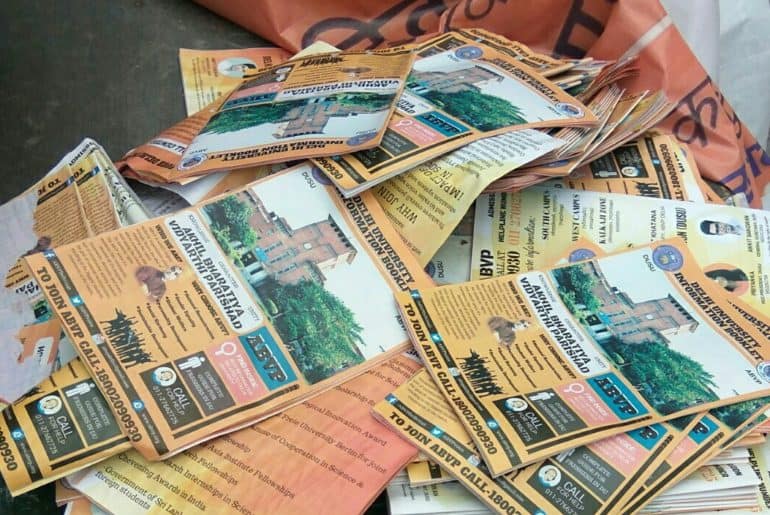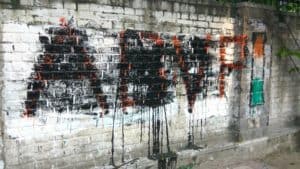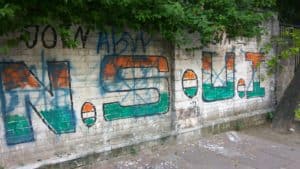The Delhi University Student Union (DUSU) elections are one of the most important elections at the college level. Most of the DUSU presidents have gone ahead to make a significant mark in the field of national politics. Some examples of such leaders would be Arun Jaitley, Ajay Maken, Vijay Goel, Vijay Jolly, Alka Lamba etc. Thus being a DUSU president is one of the most lucrative posts that one can achieve at such an early stage of politics. Our country desperately needs the passion, vigour and zest of these young politicians.
With the approaching DUSU Elections, let’s have a look at what are the past DUSU presidents up to in their present lives.
- Mohit Nagar
Mohit Nagar was the President of Delhi University Student Union (DUSU) in the year 2014-15. He belongs to Akhil Bhartiya Vidyarthi Parishad (ABVP). He did his B.Com and M.com from Shyam Lal Anand College, University of Delhi. Currently, he is pursuing L.L.B from Law Faculty, University of Delhi and is in his first year and plans to practice law in future. He is also the Organising Secretary at Akhil Bhartiya Vidyarthi Parishad at present (ABVP).
- Satendar Awana
Satender Awana was the president of Delhi University Student Union (DUSU) in the year 2015-16. He belongs to Akhil Bhartiya Vidyarthi Parishad (ABVP). He is currently the head of the Delhi University unit of ABVP and intends to pursue law as a career in future.
- Ajay Chhikara
He was the DUSU President for the year 2011-12. His tenure ended in September 2012 and by December 2012 he was appointed as the National Secretary, NSUI. He was also the made the Chandigarh Incharge, where NSUI won the Punjab University elections for the first time. He also worked in Amethi on Rahul Gandhi’s campaign during the Lok Sabha elections. He was later promoted to National General Secretary, NSUI. He was also made Punjab In charge during assembly elections where NSUI had a successful hold. He completed his law degree in 2012 and now actively pursues law along with politics. He also worked with the assistant Advocate General in the Supreme Court. His life is thriving both in personal and professional terms and he regards his one-year-old daughter Aavya as his lucky charm.
- Arun Hooda
He had an unconventional start as compared to most other DUSU Presidents. He pursued engineering and worked as an engineer for a while. Then he cleared SSC and worked for the Indian Air Force for a while. After withdrawing from the Air Force he joined the Faculty of Law, University of Delhi to pursue a Bachelor’s degree in Law. He was the DUSU President from 2012-13. He is the Observer Incharge of Delhi Pradesh Congress Committee. He has politically been active in Haryana and was one of the finalist’s for the post of NSUI National President. He practices in the Tees Hazari Court and Delhi High court as a lawyer. Along with an engineering degree, he has an LLB degree along with another in Forensics. He is also pursuing LLM from the faculty of law.
- Nupur Sharma
She was the DUSU President from 2008-09. She graduated with a Bachelor’s degree in Economics (Hons.) from Hindu College. When she won the DUSU election representing ABVP, many were shocked. Until her victory, DUSU was a NSUI stronghold. In fact, the remaining three posts in her union were won by NSUI. She went on to pursue a master’s in economics from the London School of Economics. She is an official spokesperson for the Bharatiya Janata Party and contested the 2015 Lok Sabha elections from the New Delhi constituency against Arvind Kejriwal.
Image Credits -The Indian Express
Anukriti Mishra
Kinjal Pandey














